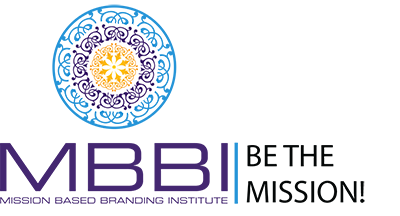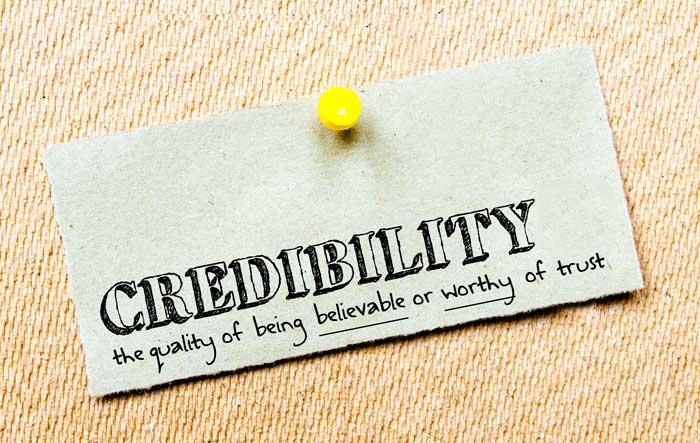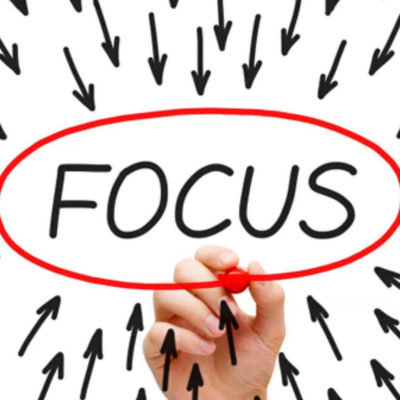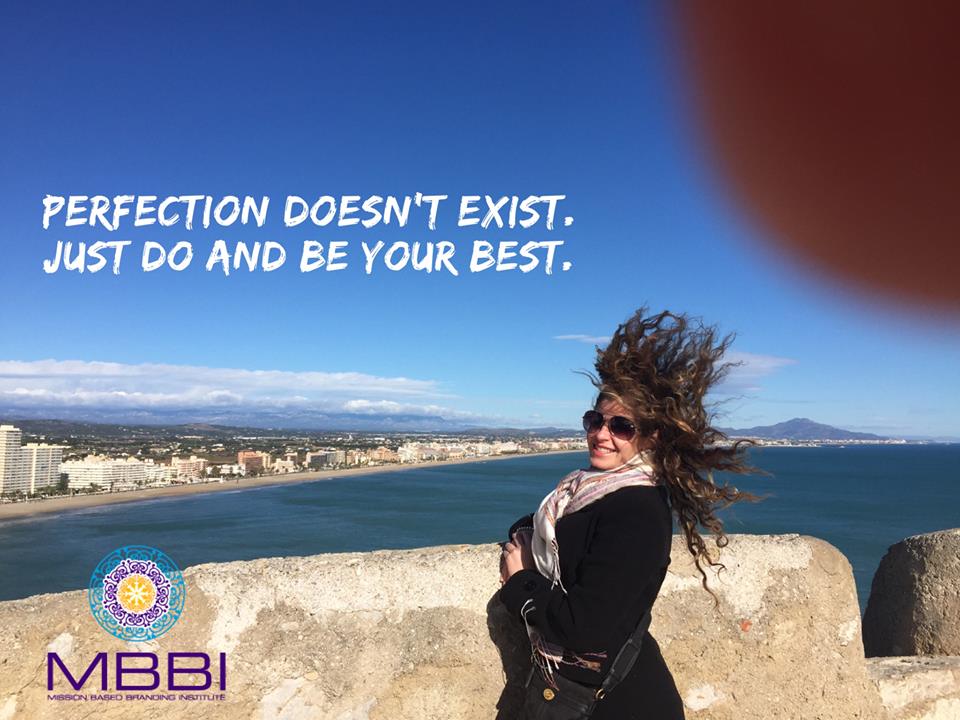![]() A couple of weeks ago I wrote an article about turning resolutions into achievable goals.
A couple of weeks ago I wrote an article about turning resolutions into achievable goals.
Following my own advice, I set a goal for myself to close 5 new clients in January. 2 weeks in, I had taken lots of steps in the article, started getting tons of leads and even got a couple of new clients.
But I discovered something very interesting. Although my leads were soaring and I started getting prospects really interested in working with me, many were not my ideal clients. Although I could technically offer what they were looking for, there were enough differences in each type of client that I would have to dedicate extra time, energy and resources to working with all of them. I would be all over the place.
They were not my ideal clients because they weren’t in line with my mission and how I can best serve humanity. Â
So I was stuck having to make a decision: do I close these clients who I’m not super passionate about working with and potentially not deliver my best and be drained working with them?
No. You see, this is not a sustainable business model.
It is true that many times we must follow one path that doesn’t feel like it’s fulfilling our mission, but that provides us income to survive and certain skills we need to strengthen and prepare ourselves to continue fulfilling our mission.
I have a client who is an attorney entrepreneur who was doing mindless freelance work, when I helped her get clear about her mission and path about a year ago. We were both really excited, and she had and still has so much potential. A month after our Mission M.A.P. session, I did a follow-up with her in which she told me she replaced her freelance work by becoming an independent agent in a completely different industry. She still wanted to pursue her mission, but needed to gain some stable income first and couldn’t do the mindless legal work anymore.
Recently I spoke to her and she told me that looking back, she was just not confident in her abilities and her competency back then to go all-in with her mission. Over the last year she has built her network, learned how to be a salesperson and gained other valuable skills that are going to be important once she goes all in into her mission-driven business. Very importantly, she was clear that the job she’s in now is not her forever career.
A sustainable business is not one in which you close whatever clients are low hanging fruit just to get a check. That is survival. There is no strategy to that. Looking back over the last 7 years, I realized I went through periods of this. This is a recipe for burnout, not success.
You can have 1 or 2 clients or business avenues like this to build a financial foundation, parallel to building a sustainable business model with your ideal, mission-based clients.
Remember knowing who you want to work with (your target clients) and how you can best serve them (unique value proposition/client offering), is part of the Mission-Based Business & Branding process.
So to add to the previous article, make sure you create S.M.M.A.R.T. goals: Specific, Measurable, Mission-Based, Attainable, Relevant and Time-Bound.
Has this ever happened to you? Share in the comments below.
*For more guidance clarifying your mission, creating your brand, setting business goals, and creating plans for action to achieve your goals, I’m offering new year coaching specials through the end of the month. If you or anyone you know needs that extra push, now is a great time to start! You can also set up a complimentary Discovery Call with me to learn about the Mission Based Branding and Business Method and see if it’s right for you.

 This week in my year-end reflection, I looked back on my business and my entire 15-year career with clarity and compassion. I realized that at varying times I’ve toggled between being in growth/learning mode or being in contribution mode as motivation in my career. [Note these are part of the 6 human needs according to Tony Robbins — lower ego needs: Certainty, Variety, Significance and Love; higher spiritual needs: Growth and Contribution]. Although I’ve tried, rarely have I ever been motivated fully by both Growth and Contribution at the same time.
This week in my year-end reflection, I looked back on my business and my entire 15-year career with clarity and compassion. I realized that at varying times I’ve toggled between being in growth/learning mode or being in contribution mode as motivation in my career. [Note these are part of the 6 human needs according to Tony Robbins — lower ego needs: Certainty, Variety, Significance and Love; higher spiritual needs: Growth and Contribution]. Although I’ve tried, rarely have I ever been motivated fully by both Growth and Contribution at the same time. Today isÂ
Today is  I enjoy food and singing, so I have no doubt I could have been a successful performer AND restaurant owner like Gloria Estefan. Instead I studied finance and became a banker because that was the “right thing to do.†It was safe. It was boring. And eventually I became dissatisfied and unfulfilled.
I enjoy food and singing, so I have no doubt I could have been a successful performer AND restaurant owner like Gloria Estefan. Instead I studied finance and became a banker because that was the “right thing to do.†It was safe. It was boring. And eventually I became dissatisfied and unfulfilled. On my quest to be the best “Missionpreneur Mentor” I can be, I am constantly searching for what I refer to as the “hypotenuse solution” in all areas of business for myself and others. If you remember anything from high school geometry, the hypotenuse is the shortest distance in a right triangle–well I do that with business as in life.
On my quest to be the best “Missionpreneur Mentor” I can be, I am constantly searching for what I refer to as the “hypotenuse solution” in all areas of business for myself and others. If you remember anything from high school geometry, the hypotenuse is the shortest distance in a right triangle–well I do that with business as in life.